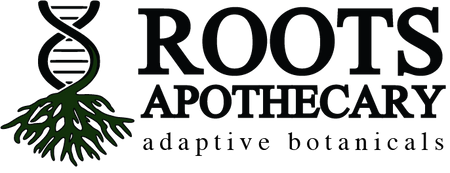how mushrooms are grown.
to grow a mushroom, spores are injected into a substrate (the material mushrooms grow on — e.g. soil, grains, or wood pulp). spores grow into hyphae and join each other to create a mycelium network that expands through substrate and extracts nutrients. when a strong mycelium network is established, a fruiting body grows from the surface to spread more spores. when you think of mushrooms, you probably picture the fruiting body (long stem and bulbous cap). however, oftentimes 90% or more of a mushroom's biomass is actually mycelium, and while mycelium is a brilliant network and the living organism of the mushroom, it contains far less beta-glucan and active compounds than the fruiting body.
if you buy a product that uses mycelium, you’re probably purchasing more grain filler than mushroom.
most commercial mushroom growers use a grain substrate. as mycelium expands, it attaches and becomes inseparable from the grain to create one product called mycelium biomass. there’s a big problem with this.
how much mycelium and how much grain is in the biomass?
this varies widely and depends entirely on the grower. if mycelium biomass is pulled for product making as soon as mycelium expands through the grain, you will get far more grain than mycelium. if the grower allows this process to continue, the amount of mycelium will increase. however, even at its strongest, mycelium biomass will contain anywhere between 30%-40% grain. mycelium pulled early for faster product making may have anywhere from 40%-70% grain content.
for example, this means 1000mg reishi mushroom in the form of mycelium biomass can be anywhere from 300mg-700mg grain. depending on the price, you may overpay tremendously for this product and you definitely won't receive the therapeutic potential of reishi mushroom.
here’s the ultimate problem. the product label will probably just say “1000mg reishi mushroom”, without any indicator of whether it's a mycelium or fruiting body. if it’s mycelium, you probably won't be informed about how much pure mycelium you’re getting and how much grain you’re getting in that 1000mg serving.
most growers use oat substrate because oats are high in fiber and have measurable amounts of beta-glucans. since beta-glucan content is a common and relatively accurate measure of mushroom potency, growing on oats can make lab tests and nutrition charts for mycelium products look stronger.
why would anyone sell a product that’s mostly grain filler and let you believe it’s a highly therapeutic mushroom product? the answer is the same across all industries, they either don’t know or don't care. both answers are part of the same problem.
a product maker selling reishi mushrooms can source mycelium biomass for about $25 or they can buy the same amount of fruiting body mushroom for $75. mycelium is much cheaper, faster to grow, easier to get, and can be called “reishi mushroom” on a product label. if you’re an individual or company that's primarily incentivized by making money on a trending health product, you will probably opt for the cheaper and easier source of reishi mycelium biomass. there are plenty of companies out there using authentic reishi fruiting bodies and labeling products transparently, but there are arguably more that are not. as a consumer, you need to know the difference.
there are reputable companies selling appropriately priced mycelium biomass and clearly indicating its mycelium. mycelium biomass has health benefits if grown by a reputable company and is priced at 2x-3x multiples less than fruiting body extracts.

